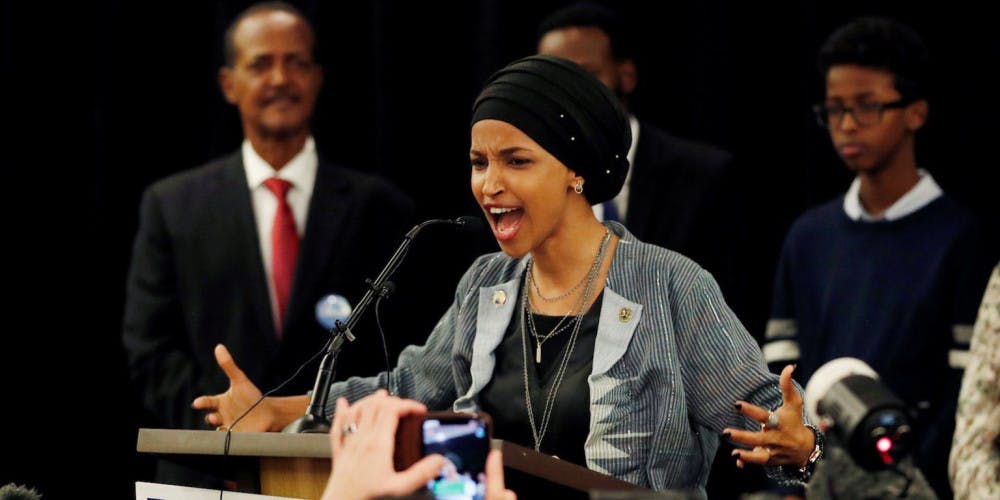
Ilhan Omar will represent Minnesota's 5th district after winning 78 percent of the vote.
This year’s midterm election marked history as the most diverse election in United States history, with more women, people of color and LGBTQ+ Americans elected to the House of Representatives, Senate or gubernatorial positions.
In this political era, the paramount selection of diversity is not only necessary, but crucial. Throughout American history, primarily white, Christian males have been representing the country on Capitol Hill - this election has started to change that.
In 2015, Congress was 80 percent white, 80 percent male and 92 percent Christian, according to the Washington Post. That was only three years ago.
Now, after this midterm election, two Muslim women, two Native American women, two Latina women, black women and a Korean-American woman are representing their districts or states in the House or Senate. Most of the diversity came from the Democrats.
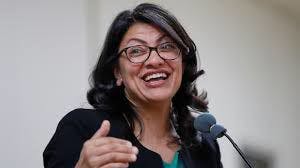
Rashida Tlaib will represent Michigan's 13th district and is the daughter of Palestinian immigrants.
Rashida Tlaib and Ilhan Omar, two newly-elected representatives from Michigan and Minnesota respectively, are the first Muslim women elected to Congress. Omar is also the first to wear a hijab and the first Somali-American in the House.
Sharice Davids and Deb Haaland are the first Native American women in Congress, representing Kansas and New Mexico respectively. Davids is also the first openly LGBTQ+ person to represent Kansas in Congress.

Deb Haaland won New Mexico's 1st district with 59 percent of the vote.
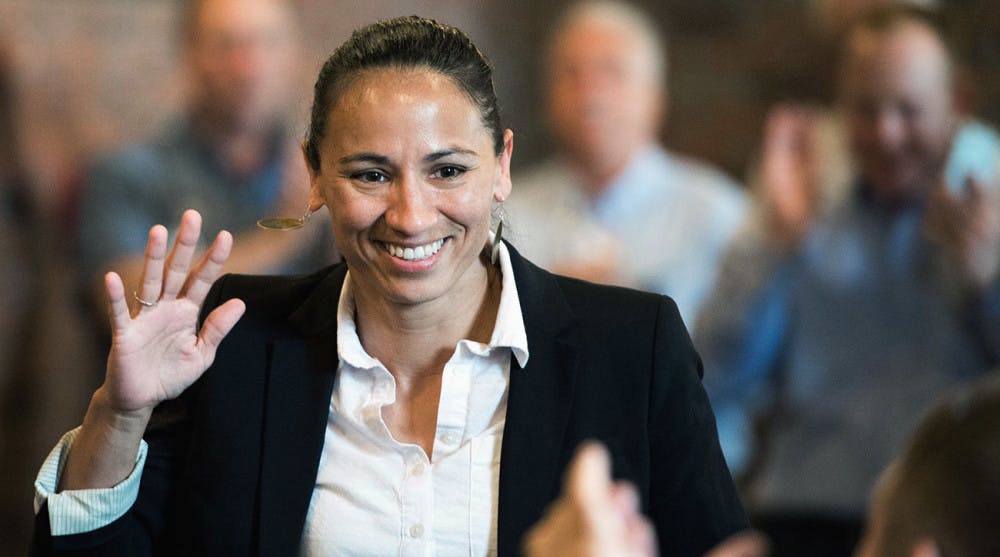
Sharice Davids is a member of the Ho-Chunk Nation and won big in Kansas' 3rd District.
Representing Texas’ 16th and 29th districts are Veronica Escobar and Sylvia Garcia. Escobar and Garcia are Texas’ first Latina women to represent the state. According to Business Insider, about 40 percent of Texans are Hispanic or Latino but have never had representation until this election.
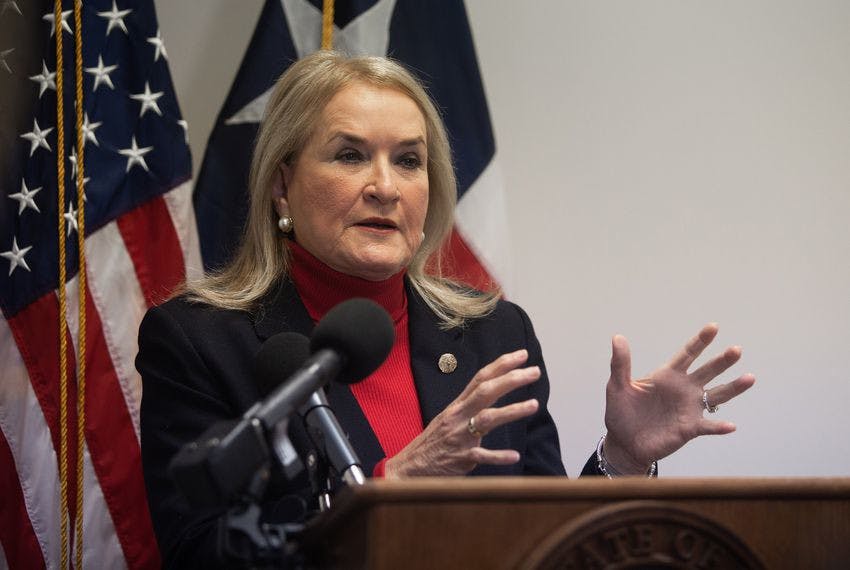
Sylvia Garcia beat the GOP candidate Phillip Aronoff in 29th district, which covers Houston, with 75 percent of the vote.

Veronica Escobar is an El Paso County judge and won Texas' 16th district with 68 percent of the vote.


Ayanna Pressley became Massachusetts’ first black congresswoman, representing the 7th district. In Connecticut, Jahana Hayes was elected to be the first black congresswoman to represent the state. Hayes was also the 2016 National Teacher of the Year and ran her campaign on strengthening the public education system.
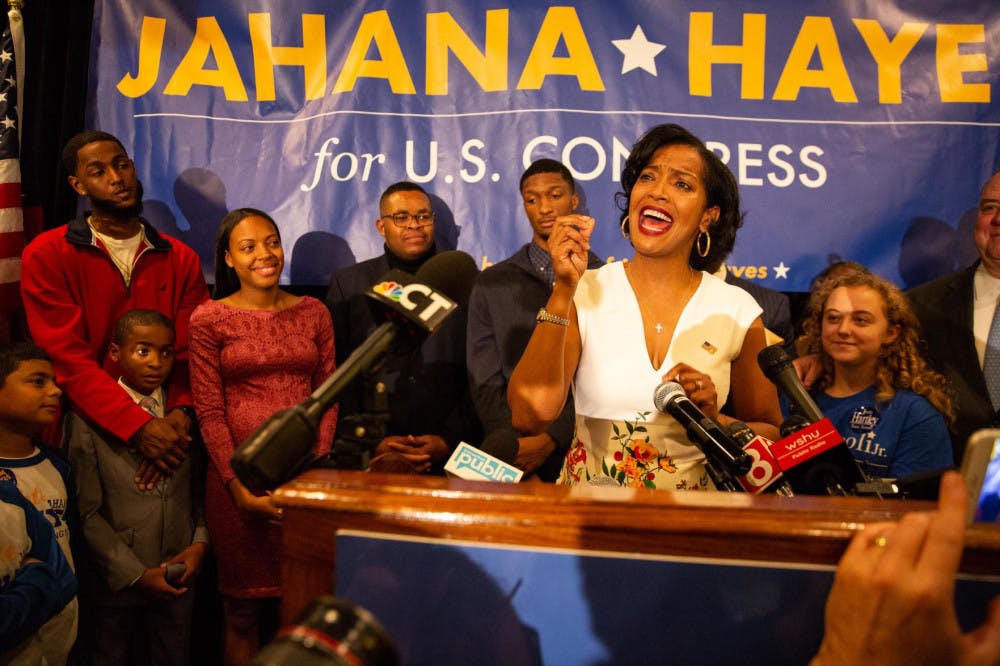
Jahana Hayes was the 2016 national teacher of the year and won Connecticut's 5th district with 56 percent of the vote.

Ayanna Pressley won unopposed in Michigan's 7th district after beating 10-term representative Michael Capuano by 17 points.
Alexandria Ocasio-Cortez and Abby Finkenauer are the youngest women elected to Congress, both age 29. Ocasio-Cortez will represent New York's 14th district and made headlines after she beat longtime Rep. Joe Crowley for the nomination.

After her shocking victory over longtime Representaive Joe Crowley in New York's Democratic primary in June, Alexandria Ocasio-Cortez became a recognizable figure.
Finkenauer will represent Iowa's 1st district and is one of the first women in Iowa's history to represent the state. The other is Cindy Axne, who will represent the 3rd district of the state.

Abby Finkenauer beat the Republican Rod Blum with 51 percent of the vote in Iowa's 1st district.
Young Kim, a Republican, was elected to represent California’s 39th district as the first Korean-American in Congress.
In the Senate, Tennessee elected its first female Senator. Marsha Blackburn, also a Republican, won with 55 percent of the vote against Democratic opponent Phil Breseden in the race for the Senate seat.

Marsha Blackburn was elected as Tennessee's first female US Senator.

Young Kim won California's 39th District, with about 52 percent of the vote and is the first Korean-American woman in Congress.
Another standout win is Jared Polis, the first openly gay governor of a US state. Polis won the election in Colorado against Republican Walker Stapleton.

Jared Polis is the first openly gay governor in the United States.
Abigail Spanberger won in Virginia’s 7th district against incumbent Dave Brat - she is the first Democrat to hold that seat since 1968.
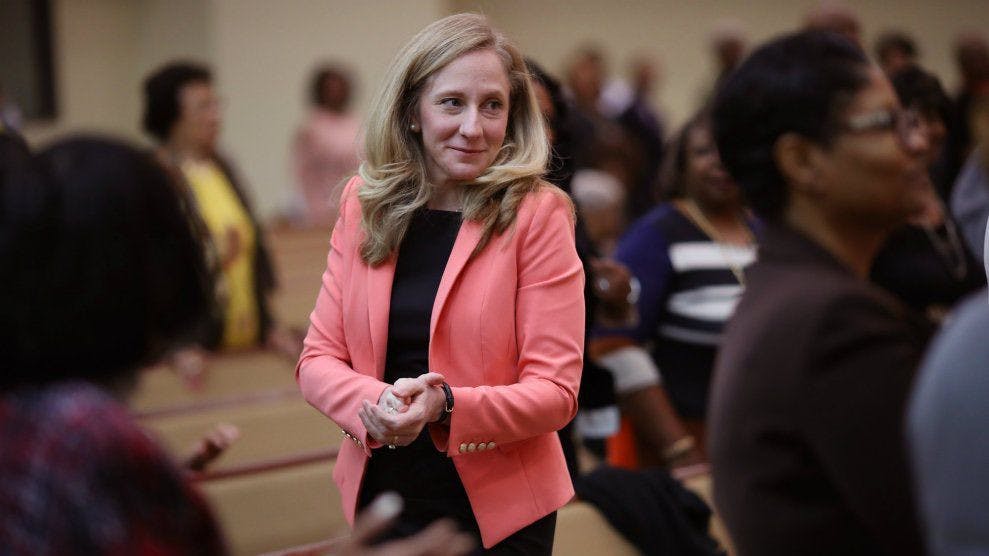
Abigail Spanberger beat incumbent Dave Brat and is the first Democrat to hold Virginia's 7th district seat since 1968.
In addition to the landmark of diversity, the Democrats took control of the House, which was ignored by President Donald Trump. Trump tweeted Tuesday night about his “very Big Win” and then, unsurprisingly, tweeted that he was going to threaten a war with the newly-Democratic House if it proceeded to investigate him and his administration.
Trump’s tweeted threat came after Sarah Huckabee Sanders, Trump’s press secretary, said on Fox that Trump was willing to “work across the aisle to get things done.”
It’s not surprising that Trump blatantly ignored the Democrats’ win on Tuesday, but in a way, he acknowledged it by offering blackmail under the guise of bipartisanship. It’s also important to note that Trump’s presidency is considered a huge reason why Democrats won the House.
Nevertheless, this election was crucial: In the 229 years that Congress has been around since it was founded, American citizens haven’t had the proper racial representation. This is a step in the right direction toward having representatives who actually look like the citizens they are presenting.
America's roots are amazingly diverse, and so are America's politicians. It's time we have a Congress that reflects that because we as American citizens should take pride in where we come from. No matter what race, religion, gender or sexual orientation we are, we should be represented.









